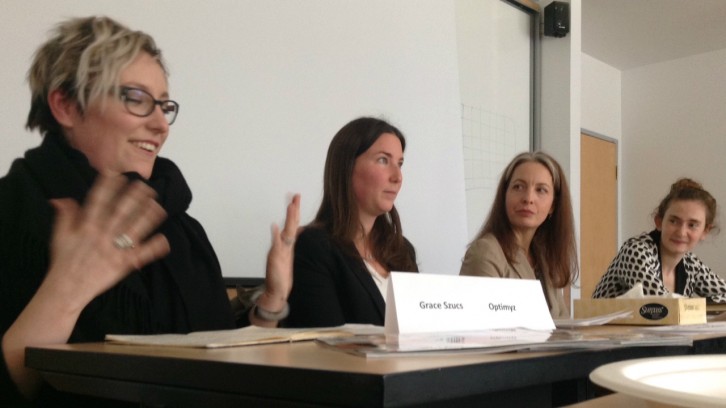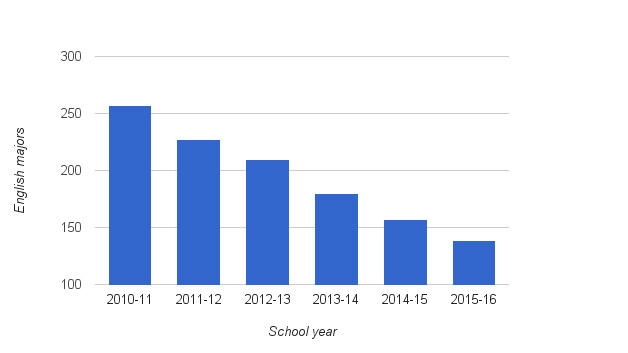JOBS
Dalhousie English grads assure jobs still exist
Employers value communication skills, panel says

caption
From left to right, Grace Szucs, Georgia Grundlingh, Mary McLaren, Kate McKenna.
caption
From left to right: Grace Szucs, Georgia Grundlingh, Mary McLaren, Kate McKenna.The prospect of finding work as an English major isn’t so scary, according to four well-read Dalhousie University graduates.
The faculty of arts and social sciences holds an on-campus panel each year focusing on different disciplines and topics. On Tuesday, the English department was in the spotlight.
The panel discussion was designed to show that an English degree isn’t a lost cause.
The panel consisted of four graduates who are working in the Halifax area.
Panellist Mary McLaren, senior project manager at Bell Canada, said work in the field of English can pop up anywhere. The key is to know where to look.
“You are rarely going to see a job posting that says ‘English degree,’” said McLaren. “As soon as people realize you are articulate, and that you can write and can communicate clearly, you will stand out and advance more than you will think.”
The English department is seeing a steady decline in enrolment. According to Dalhousie University enrolment statistics, the number of declared English majors dropped from 257 in 2010-11 to 139 this year.

caption
English major enrolment declines year by year.It’s a general downward trend for arts and humanities programs in the Maritimes.
Panellist Grace Szucs advised to stay away from job board sites because they rarely offer anything for English grads.
“It’s all about networking,” she said. “Approaching people and organizations in the community who you respect and want to work with is key. I’ve had so much more success getting a job that way.”
Panellist Georgia Grundlingh, technical writer at IMP Aerospace and Defence, said communicating well is “like a magic superpower.”
“I think I was under-qualified for the job I have now, but I went in there knowing what I was going to say with the force of my English degree behind me. My ability to communicate knocked the socks off my employer, and I was offered a higher job than the one I applied for.”
The panellists said even with having a specialized discipline, it can be just as hard, or harder, to find a career after graduating in a small province.
After the discussion finished, current English majors met with the panellists to do some networking of their own.

